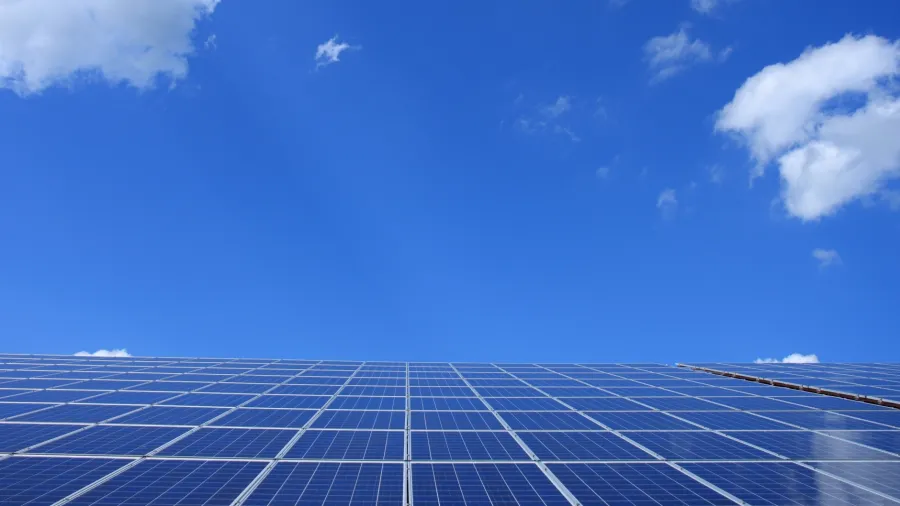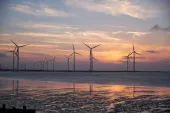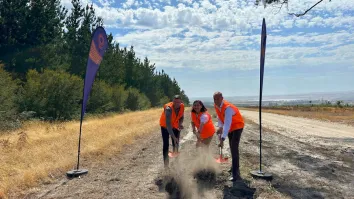
CNOOC Limited’s 40MW solar project linked to grid
It is supported by a 6MW/21MWh battery energy storage.
China National Offshore Oil Corp. Limited’s (CNOOC) first onshore centralized photovoltaic project with a total installed capacity of 40 megawatts (MW) has been connected to the grid.
In a statement, CNOOC said the Animal Husbandry-solar Complementary Project in Hezuo City, Gannan Autonomous Prefecture covers an area of around 930,000 square metres and is backed by a 6MW/12MW-hour energy storage facility.
The project can also save over 20,000 tonnes of standard coal annually compared to coal-fired generators with the same capacity, according to CNOOC which holds 100% equity interest in the project.
ALSO READ: China to double wind, solar capacity by 2025
It also uses tall racks allowing the solar panels to use the upper space, whilst the space below provides an area for grazing.
“CNOOC Limited actively explores the development of new energy sector and new industries. The Animal Husbandry-solar Complementary Project levers local resources and advantages to practice the integration mode of 'new energy + rural special industries + N'. It facilitates the company's pursuit of green and low-carbon transition, while also drives high-quality development of local industries,” said CEO and President Zhou Xinhuai.



















 Advertise
Advertise







